During the discussion of the draft Law on Emergency Situations, Representative To Van Tam ( Quang Ngai Delegation) expressed concern about the regulation regarding the Prime Minister's authority to report the application of measures to the competent authorities of the Party and the National Assembly as soon as possible during an emergency situation. According to him, only when the Prime Minister uses expanded authority, i.e., applies measures not yet stipulated in the law, should he be required to report to the competent authorities and the National Assembly.
As for measures already stipulated in the law, the Prime Minister only implements and reports according to the normal procedures, and does not have to report specifically to the National Assembly on each case.
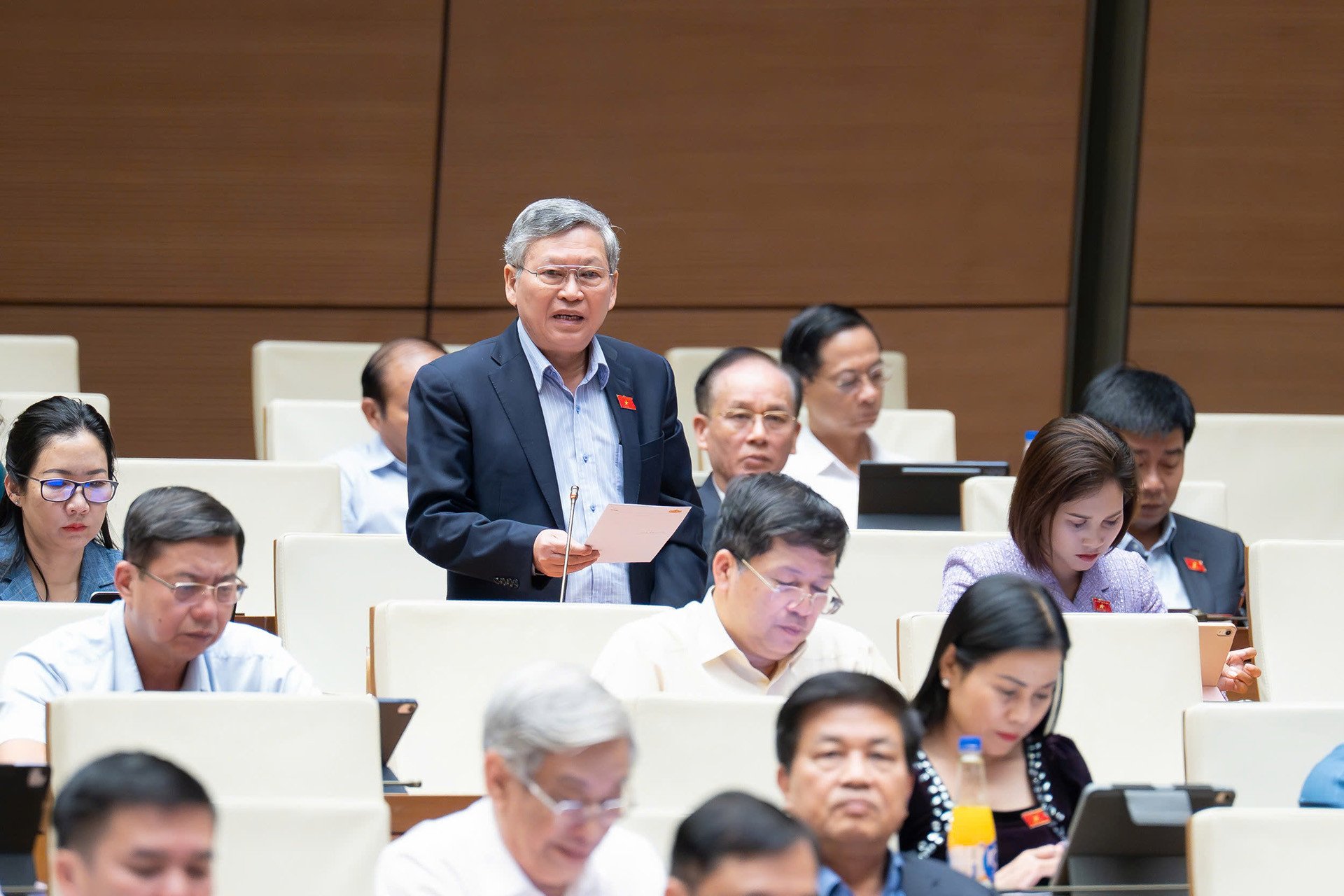
He suggested clarifying "what constitutes the most recent period," stating that when the National Assembly is not in session, the Prime Minister reports to the Standing Committee of the National Assembly; when the National Assembly is in session, the report is submitted at the most recent session of the National Assembly. This regulation is clear and consistent with the practical operation of the representative office.
Delegate Nguyen Tam Hung (Ho Chi Minh City delegation) agreed with dividing the state of emergency into three groups: disaster emergencies; national security and social order emergencies; and defense emergencies.
However, he suggested clarifying the criteria for activating a state of emergency in national defense, especially in cases where martial law has not yet been declared but there is a risk of violating sovereignty, border security, or threatening strategic infrastructure. "Clarifying this will help unify understanding and command among the armed forces, government, and people in the locality," Mr. Hung stated.
Regarding the deployment of armed forces to emergency areas, he agreed with clearly defining the leadership roles of the Prime Minister, the President, and the Ministry of National Defense in deploying armed forces.
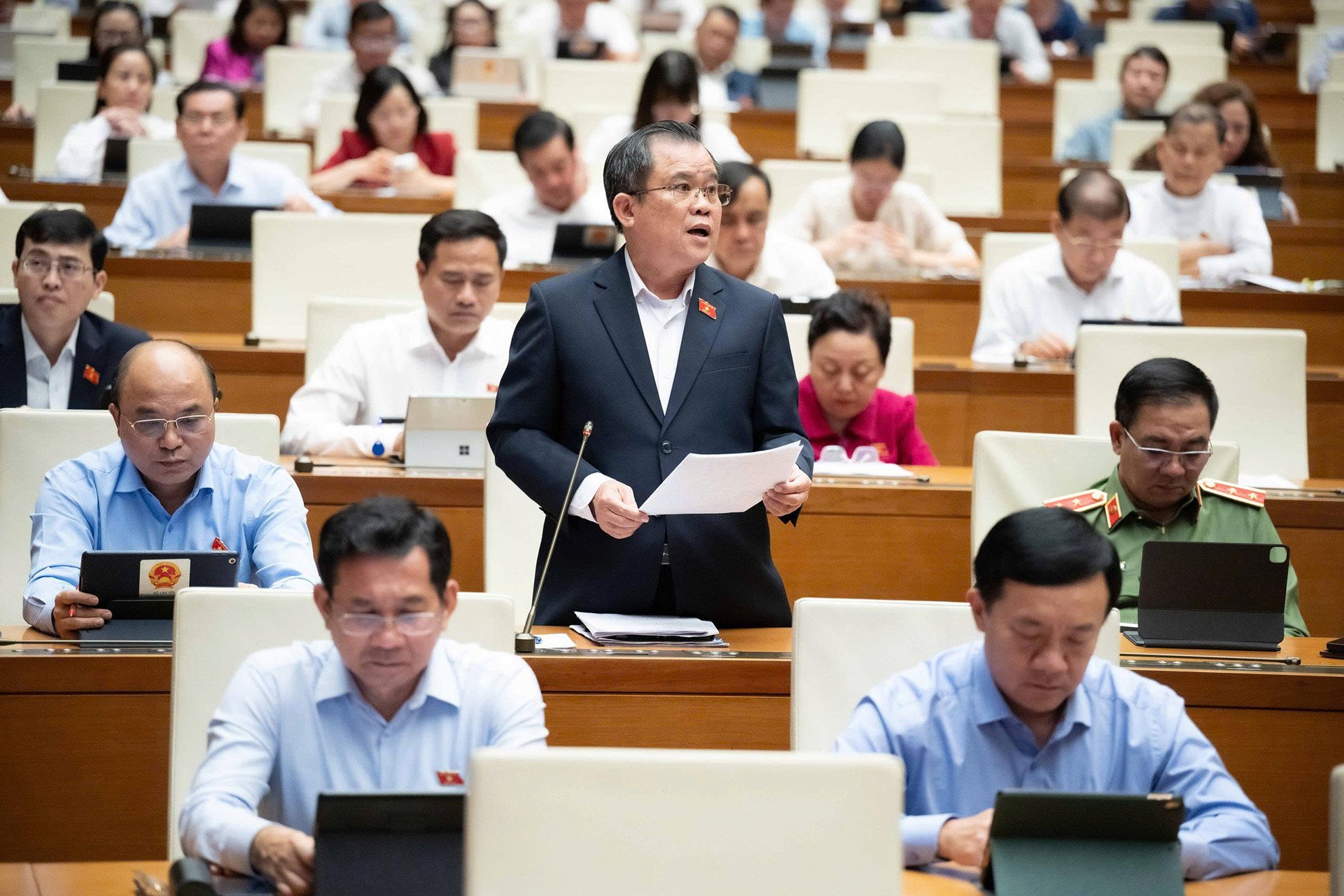
Delegates proposed adding a mechanism for inter-agency coordination between the Ministry of National Defence, the Ministry of Public Security, and local authorities based on the principle of a single command center, ensuring rapid response, avoiding duplication, and aligning with the regional defense model.
Representative Duong Khac Mai (Lam Dong Delegation) argued that if the boundaries between different types of emergencies are not clearly defined, conflicts of authority or overlaps in management and direction could easily arise.
Therefore, he suggested adding specific quantitative and qualitative criteria or entrusting the Government with the authority to define the detailed thresholds for activating emergency levels, such as: Scope of impact (geographic area, scale), percentage of the population affected, economic damage, and the level of threat to national defense and security.
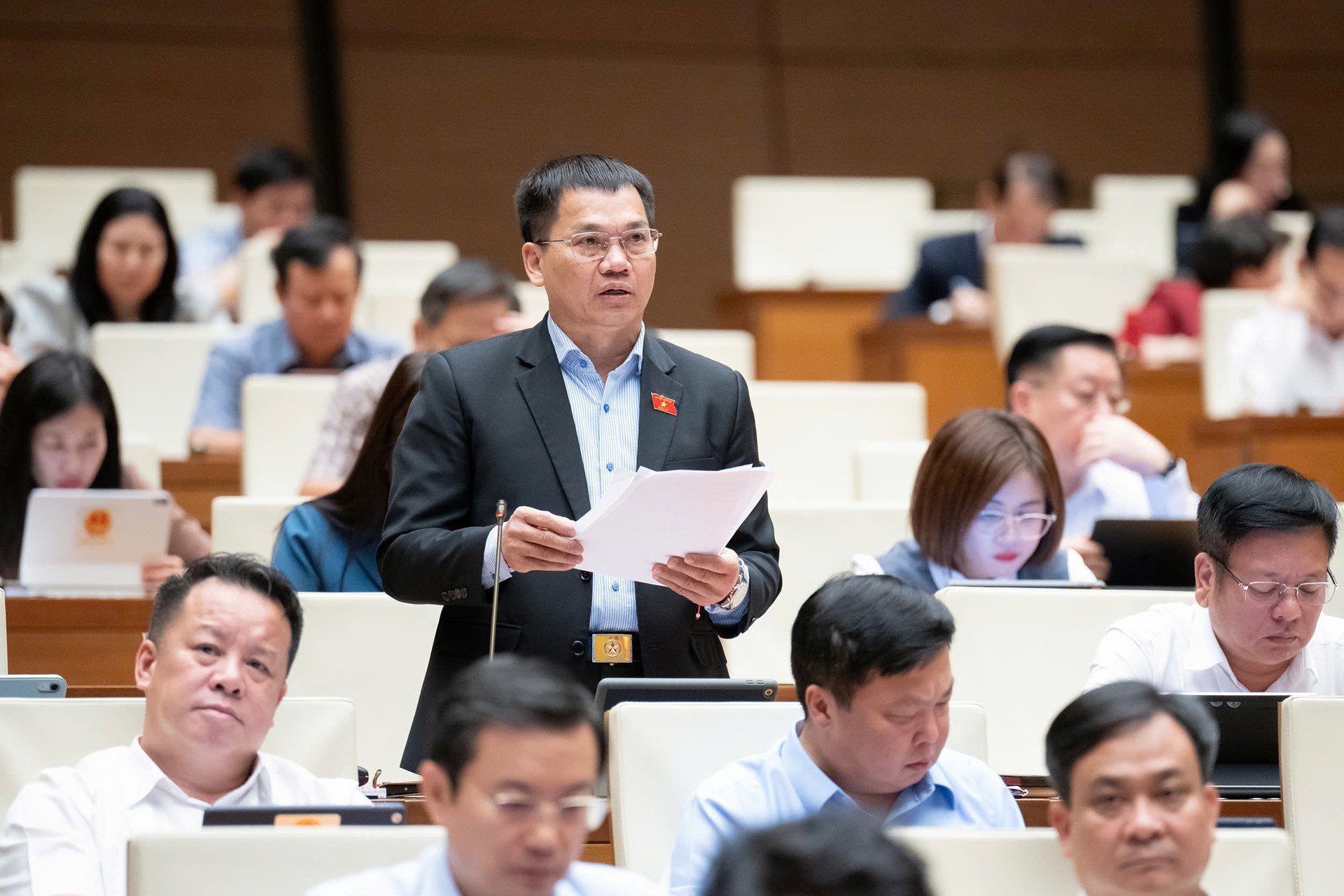
Notably, the draft states that decision-makers in emergency situations are not held responsible if those decisions are based on information available at the time of the decision, have a legitimate purpose, and are not motivated by self-interest. Mr. Mai argued that this regulation is necessary to encourage officials to act quickly in emergency situations, while also protecting those who dare to think and act for the common good.
However, he noted that the scope of "exemption from liability" as currently drafted is quite broad, while there is no clear mechanism for post-audit. Many decisions made in emergency situations can have a significant impact on the economy, society, and even human rights. Therefore, he proposed more specific regulations stating that exemption from liability only applies if the decision-maker has the proper authority, bases their decision on objective and verifiable information, and does not exceed certain limits...
In his subsequent explanation, General Phan Van Giang, Minister of National Defense, stated that a state of emergency means it is exceptional and not a normal occurrence.
Some delegates suggested identifying vulnerable groups such as elderly people living alone and other disadvantaged individuals, so that they can be readily supported and assisted when they lack food and water in emergency situations.
According to the Minister, the reality is that when a disaster occurs, everyone must be evacuated, and "even the rich can become poor." After a disaster, the rich may even suffer more. All citizens need to be guaranteed safety and timely access to relief.
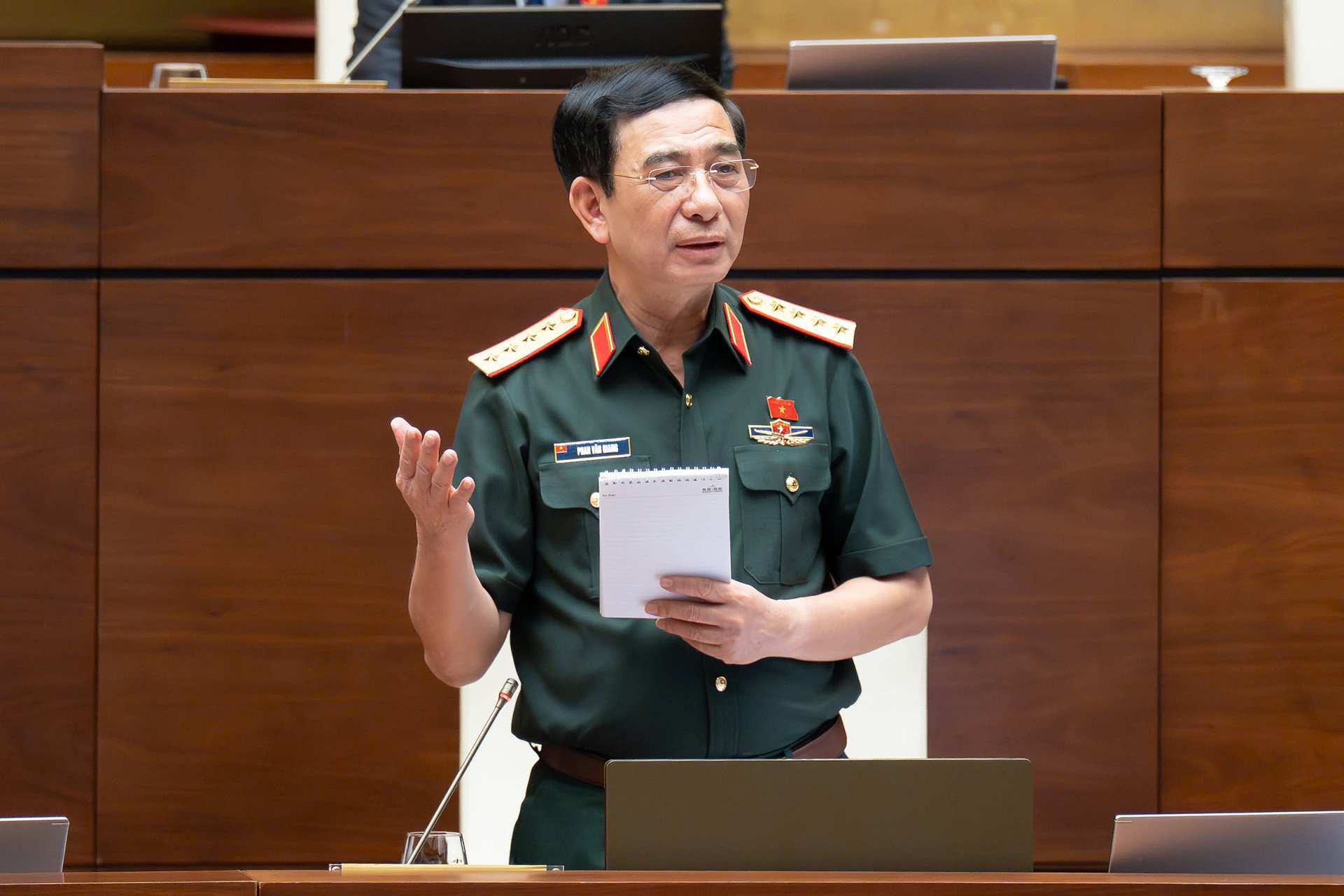
The Minister affirmed that they will study, advise, and report to the Prime Minister and relevant authorities to promptly issue directives and decisions on how to mobilize forces and resources and apply measures effectively and quickly to meet specific requirements at the scene.
Regarding the effective date of the law, the Minister agreed with the proposal that the law should take effect from July 1, 2026.
The minister added that the Civil Defense Law has been applied very effectively during the recent rainy and stormy seasons. The armed forces have participated in providing support in many areas.
General Phan Van Giang highly appreciated the proposal to supplement other means of communication besides loudspeakers. "Now, messages are sent to the devices. The only thing is to verify the accuracy of the message. This proposal is excellent, and we will accept it," he said.
Source: https://vietnamnet.vn/dai-tuong-phan-van-giang-xay-ra-tham-hoa-nha-giau-cung-tro-thanh-nha-ngheo-2456816.html







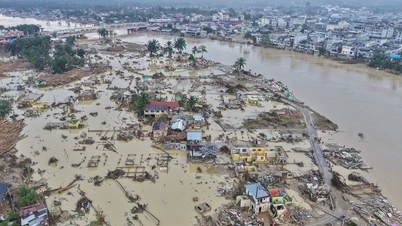



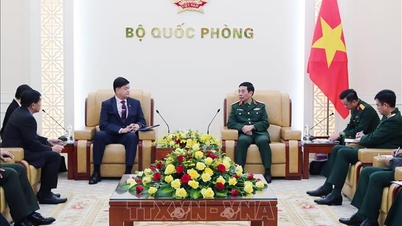






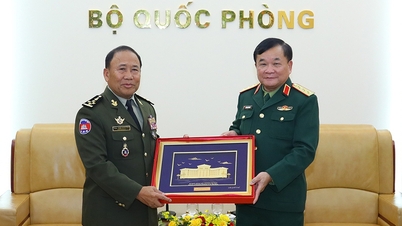

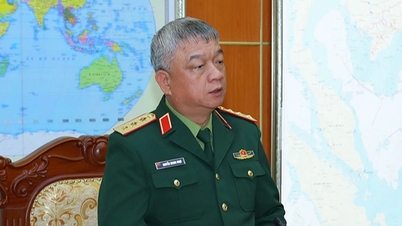
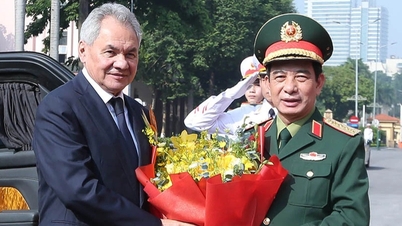
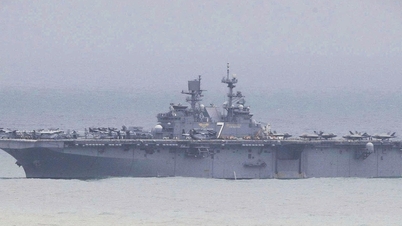
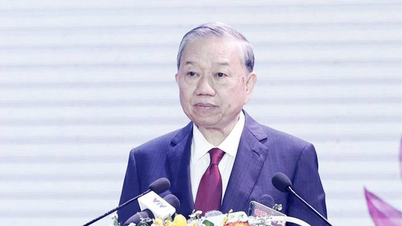










![[Photo] Prime Minister Pham Minh Chinh holds a phone call with the CEO of Russia's Rosatom Corporation.](/_next/image?url=https%3A%2F%2Fvphoto.vietnam.vn%2Fthumb%2F1200x675%2Fvietnam%2Fresource%2FIMAGE%2F2025%2F12%2F11%2F1765464552365_dsc-5295-jpg.webp&w=3840&q=75)















































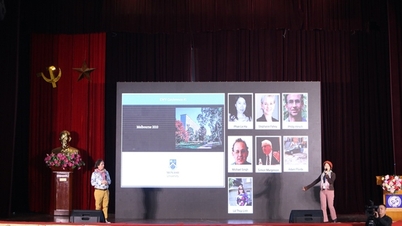



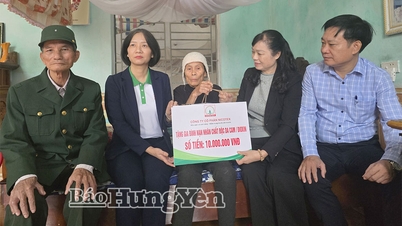


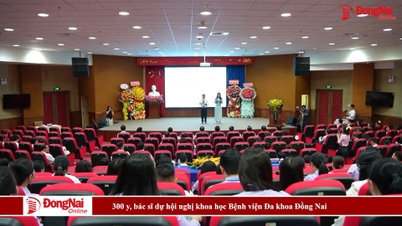











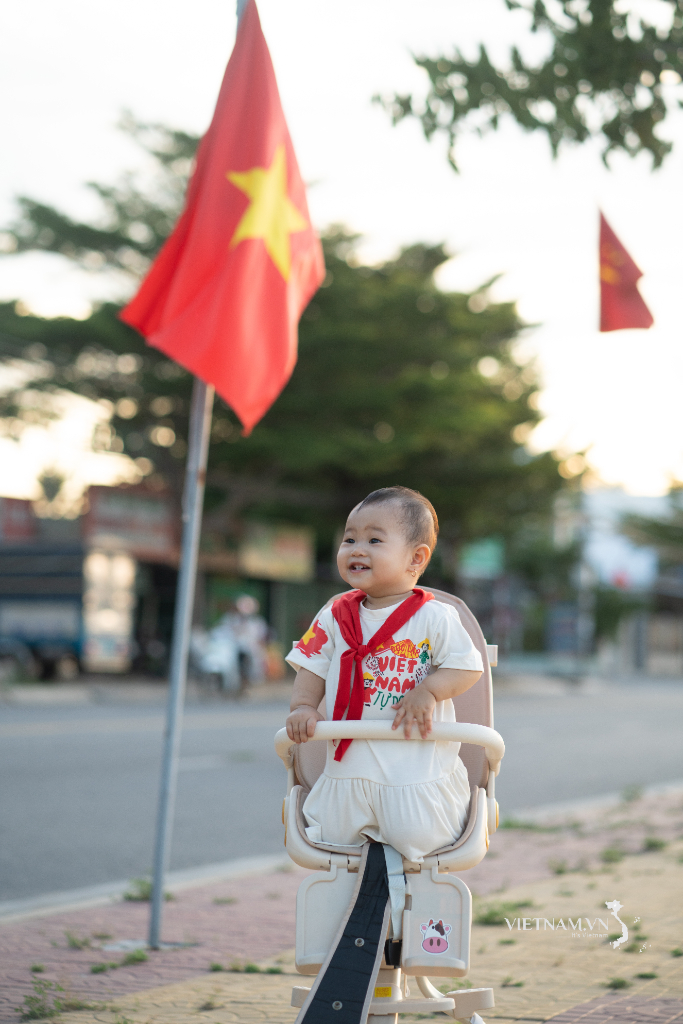

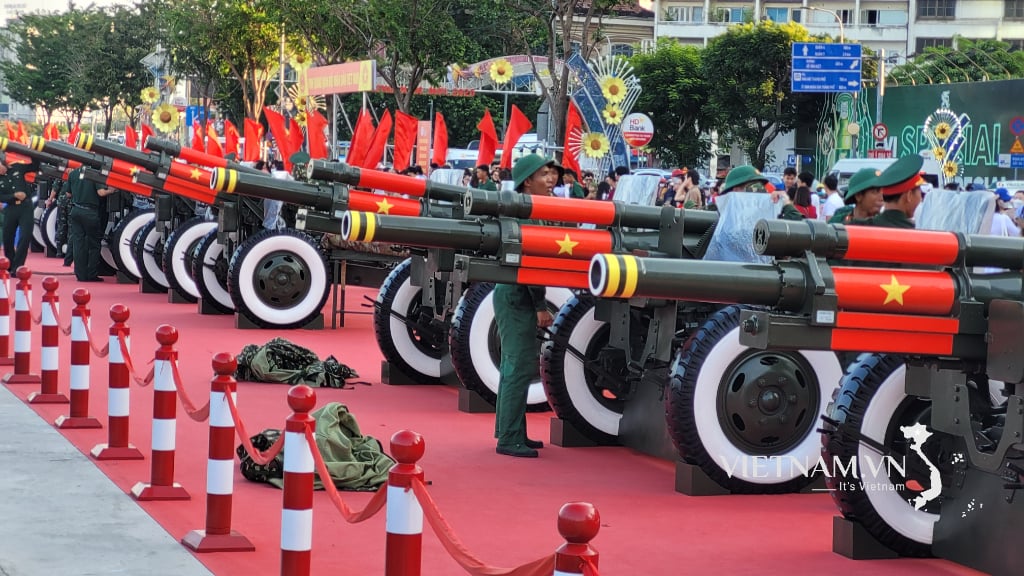

Comment (0)